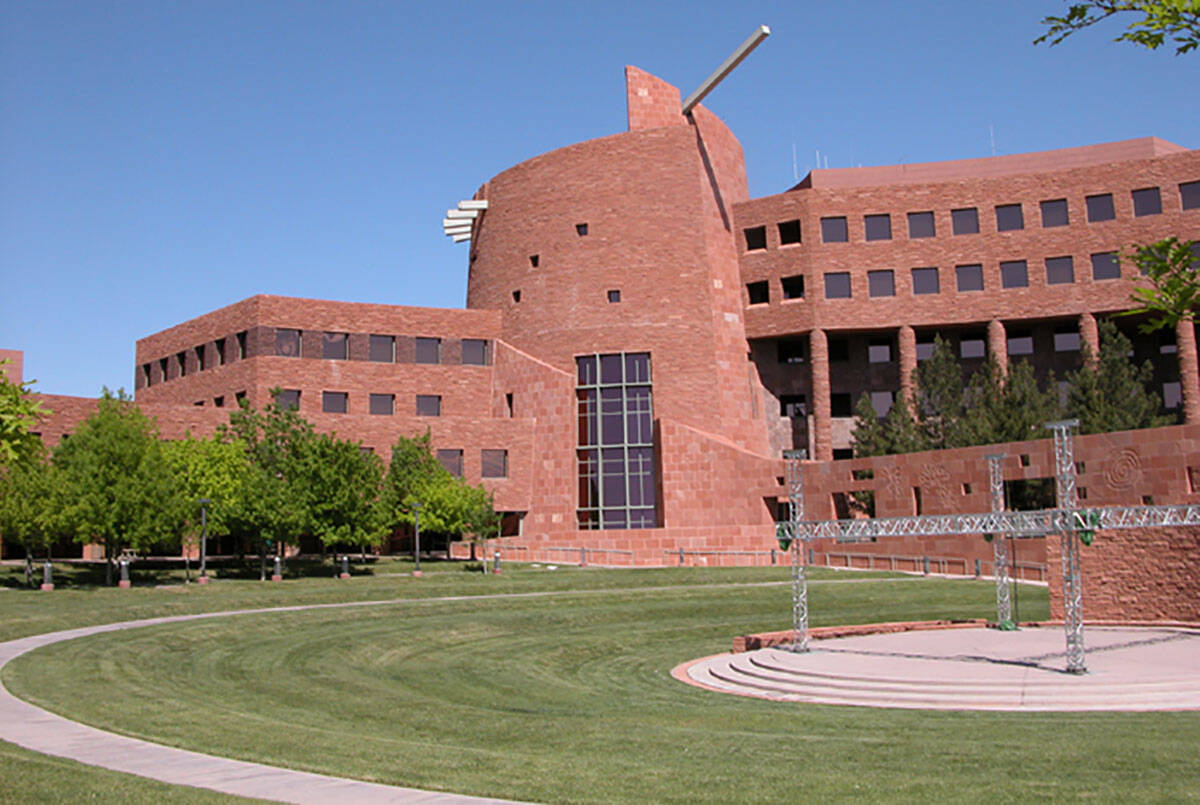EDITORIAL: Local officials terrified of Fifth Amendment
A recent Nevada Supreme Court ruling has local politicians squirming. They have only themselves to blame for allowing bureaucratic arrogance to trample private property rights. But local taxpayers will pay the price.
In May, the justices upheld a lower court ruling that the city of Las Vegas committed a taking when the City Council prevented a developer from building homes on the former Badlands golf course. Council members — pressured by well-heeled residents of Queensridge, a development that surrounded the golf course — denied permits for the project even though the property was zoned residential.
A District Court judge set compensation at $48 million. But the tab could reach as high as $500 million when all the parcels involved are considered.
City officials foolishly refuse to settle. After all, it’s not their money. They’ve also squandered another $6 million on outside attorneys who have lost at every turn. Yet they remain unrepentant and continue to defend the fruitless effort. They have company. Following the high court ruling, a group of Southern Nevada municipalities — including Clark County — asked the justices to reconsider their decision. The court quickly declined.
County officials had their own motivations. They’ve also been in a long-running land-use dispute and have suffered through a series of embarrassing revelations regarding the willful destruction of evidence by County Commissioner Justin Jones, an attorney who should know better.
The case involves developer Jim Rhodes, who for nearly two decades has sought to build luxury homes on the site of a former gypsum mine on Blue Diamond Hill. The property was zoned for rural development, and Mr. Rhodes asked to have it rezoned to allow higher-density housing. But state and county officials, under pressure from environmentalists, threw up roadblocks to the project at every turn. The Legislature even passed a measure — later ruled unconstitutional — targeting the development.
Mr. Rhodes eventually sued for $2 billion, arguing that the county had overstepped and denied him the productive use of his property. Last week, Clark County — faced with the possibility of a huge judgment in the wake of the Supreme Court decision — opted to settle the legal battle for $80 million. Mr. Rhodes will be free to develop his property in return for a handful of concessions regarding the size of the project, traffic and other matters.
County Commissioner Tick Segerblom complained that the court had forced the board’s hand. “I really want the Supreme Court,” he said, “to look hard at what they’re telling us and to rethink the fact that if we want to listen to our neighbors, to our constituents, to our voters, and it fits within our rights, we should be able to make that decision.”
That might make for a nice speech out on the hustings, but it’s claptrap. Rather than lecture the court, Mr. Segerblom, his fellow commissioners and their cohorts on the Las Vegas City Council should “look hard” at how they got caught undermining property rights in an effort to appease vocal special interests. Elected officials are free to impose land-use restrictions, but these limitations must be in accordance with local, state and federal law. It is not “within our rights” — as Mr. Segerblom claims — to arbitrarily issue edicts that render an individual’s property economically useless.
“When a governmental agency acts in a manner that removes all the economic value from privately owned land,” the state Supreme Court held in the Badlands case, “just compensation must be paid.”
Indeed, what the court is “telling” Clark County and the city of Las Vegas is that they should “look hard” at the Fifth Amendment, which holds that the government shall not take private property for public use “without just compensation.” The Nevada Constitution includes similar protections. They exist to protect a bedrock right vital to the health of a free and prosperous society.






















